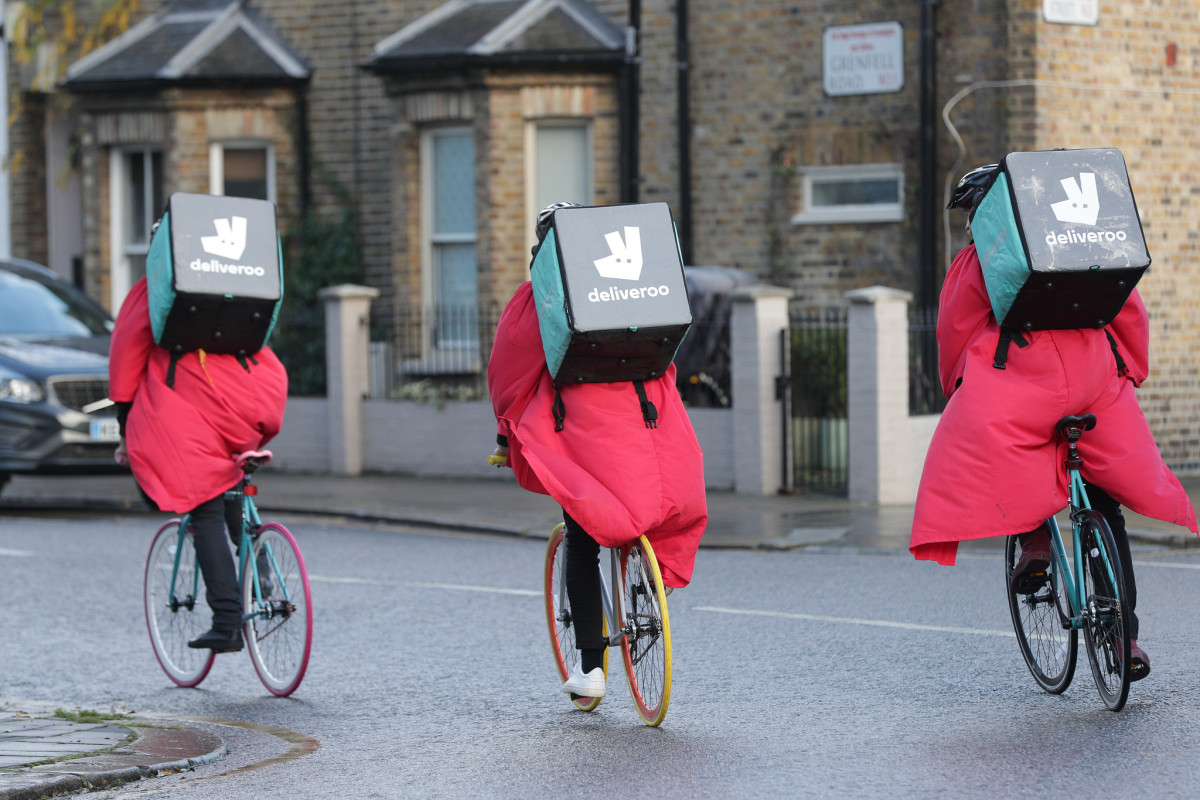Deliveroo riders are not workers
Background
Deliveroo is a food-delivery service that utilises motorbike and bicycle riders to deliver takeaway food from restaurants to customers. In London, its riders are assigned to specific geographic zones.
In November 2016, the trade union the Independent Workers’ Union of Great Britain (IWGB) applied to the Central Arbitration Committee (CAC) for recognition for collective bargaining in connection with Deliveroo riders working in the Camden and Kentish Town (CKT) area. Deliveroo opposed the application by arguing that its riders were not ‘workers’ as defined within trade union legislation.
CAC decision
The test for recognition required the CAC to determine whether 10% of workers in the proposed bargaining unit were in favour of union recognition. The starting point for the CAC was whether any rider in the CKT area could be said to be a ‘worker’ as defined by section 296 of the Trade Union and Labour Relations (Consolidation) Act 1992 (TULR(C)A).
According to section 296 TULR(C)A, a ‘worker’ is a person who works under either:
- an employment contract,
- a contract for personal service, or
- a contract with a government department.
Part (b) of the definition was the only part of the legislation that could possibly be applied to the relationship between Deliveroo and its riders. The CAC therefore had to consider whether each rider was obliged to work personally for Deliveroo or whether the rider could provide a substitute to carry out work in his stead.
The CAC noted that Deliveroo’s contract with its riders contained a substitution clause permitting the rider to provide a substitute rider if he did not wish to carry out the delivery himself. Such clauses are common in gig economy contracts, but the right is usually not exercised, leading to a suspicion that the clause is merely a sham to give the illusion of self-employment.
However, in Deliveroo’s case there was evidence that the substitution clause was not merely for show, as the company had proof that one rider had asked a friend to make a delivery on his behalf for which he had pocketed a share of the delivery fee. This evidence was sufficient for the CAC to decide that the right of substitution was “unfettered and genuine”.
The CAC maintained this position despite what it referred to as the ‘substitution conundrum’. To the CAC it appeared to make little business sense that Deliveroo would spend time and energy on hiring, vetting and training its riders only to permit an unknown person who had not been subjected to such vigorous preparation to carry out deliveries for the business. Faced with this anomaly, the CAC noted that its role was not to assess whether a particular business model made good sense or not. It was solely concerned with whether the substitution right was genuine and the CAC believed that it was.
“By allowing an almost unfettered right of substitution, Deliveroo loses visibility, and therefore assurance over who is delivering services in its name, thereby creating a reputational risk, and potentially a regulatory risk, but that is a matter for them. The Riders are not workers within the statutory definition of either s.296 TULR(C)A or s230(3)(b) Employment Rights Act 1996. ” Central Arbitration Committee
The CAC’s finding was fatal to the union’s claim that the riders were workers. The IWGB’s application for trade union recognition was therefore rejected.
Comment
The CAC’s decision goes against the prevailing trend in most gig economy cases to date, which has been to find that those performing services for such companies are workers, and not merely self-employed suppliers of services. The fact that Deliveroo was able to show that the substitution clause in its rider contracts was not a sham was vital to the CAC determining that Deliveroo’s riders were not workers.
Other gig economy companies might decide to follow suit and take a hit on permitting substitution if they decide that the risk of harm caused by allowing the occasional use of an unvetted and untrained person to carry out their services is worth it when considered against the cost to the business of being found to employ workers. The fact that there is no strong incentive for Deliveroo’s riders to sub-contract work means that the risk of substitution becoming widespread is very low.
However, this approach may not be practical in all cases. For instance, Uber is unlikely to be able to accord the same latitude to its drivers given the strict regulatory requirements laid down by Transport for London.
CASE Independent Workers’ Union of Great Britain (IWGB) and RooFoods Limited T/A Deliveroo, Central Arbitration Committee, 14 November 2017
Photograph: “CPG_DELIVEROO_THEBAR” by Flikr user TaylorHerring used under Creative Commons Attribution 2.0 licence
